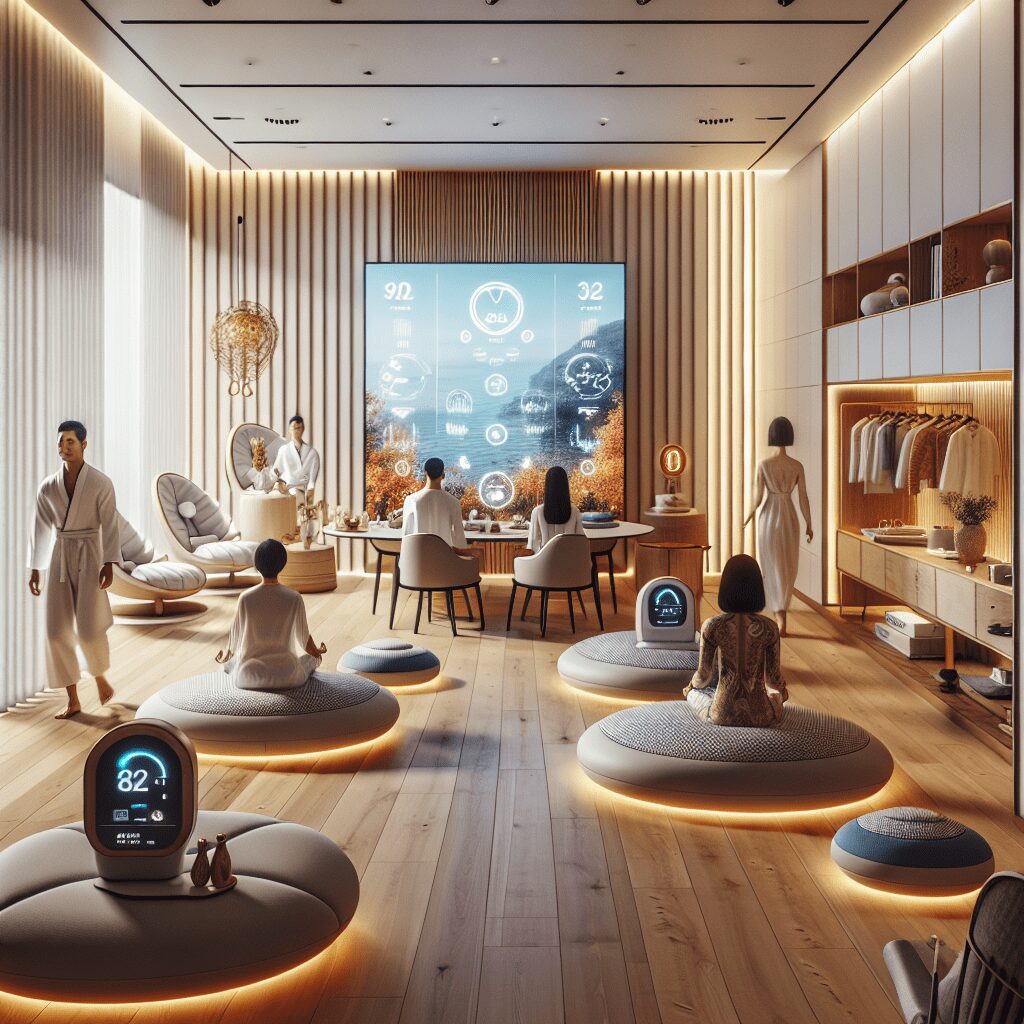
Prioritize your mental well-being daily. Enhance your life by nurturing your mental health with the Smart Meditation app. Break free from stress, alleviate anxiety, and enhance your sleep quality starting today.
Is Anxiety A Social Issue?
Navigating the Maze of Anxiety: A Social Dilemma?
In our fast-paced, hyper-connected world, the whispers of anxiety are becoming louder, morphing from hushed conversations into a roar that demands attention. Is anxiety purely a personal concern, or has it crossed the threshold into the realm of social issues? Let’s peel back the layers of this modern-day conundrum, shedding light on aspects often overlooked.
The Tapestry of Anxiety: More Than Just Personal Threads
To say that anxiety is a multifaceted beast would be an understatement. It’s a sneaky adversary, creeping into lives with the stealth of a cat burglar, leaving chaos in its wake. But, what makes it more than just an individual concern?
-
The Ripple Effect: Like a pebble thrown into a pond, the effects of anxiety don’t stop at the individual. Families, relationships, and workplaces feel the shockwaves. It’s the colleague who can’t concentrate, the friend who cancels plans last minute, or the teen too scared to attend school. Suddenly, it’s not just your problem or mine; it’s ours.
-
Economic Implications: Hold onto your hats because anxiety is not just playing games with our mental health; it’s dipping its fingers into the economy. Lost productivity, increased healthcare costs, and workplace accidents linked to anxiety disorders are no small change. We’re talking about billions of dollars annually — a hefty price tag by anyone’s standards.
-
Social Isolation and Stigma: Still clinging to the shadows, the stigma surrounding anxiety fosters silence and isolation. It’s the elephant in the room, the topic skirted around at dinner parties. Yet, in this era of supposed openness, many are left to wage their battles in solitude, veiled by a screen of “I’m fine.”
-
Education and Awareness Gaps: Though we’ve made strides, the gulf between reality and understanding remains vast. Misconceptions abound, and despite growing awareness, the whispers of “just get over it” linger. Education is the bridge yet to be fully constructed, leaving many stranded on the island of misunderstanding.
Our Collective Call to Arms
So, how do we navigate these waters, steering the ship towards a future where anxiety is recognized not just as a personal battle but as a societal one?
-
Foster Open Dialogues: Break down the walls of silence. Conversations around mental health need to move from the shadows to the spotlight, shining a light on the nuances of anxiety.
-
Push for Comprehensive Support Systems: From the workplace to schools, implementing robust support systems is key. It’s about building a safety net that catches individuals before they fall into the abyss of isolation.
-
Promote Education and Understanding: Knowledge is power, and in the fight against the stigma of anxiety, it’s our most potent weapon. Educational initiatives, both formal and informal, can bridge the gap, turning misunderstanding into empathy.
-
Advocate for Policy Change: Ground-level efforts are crucial, but for seismic changes, advocacy at the policy level is the game-changer. Policies that recognize and address the societal impact of anxiety can reshape the landscape, offering hope to millions.
In the grand tapestry of society, each thread of anxiety weaves a complex picture that cannot be ignored. It’s a clarion call for a collective response, urging us to redefine our approach to mental health. By recognizing anxiety as a social issue, we take the first step towards a future where support and understanding replace isolation and stigma. So, let’s roll up our sleeves; there’s work to be done.





